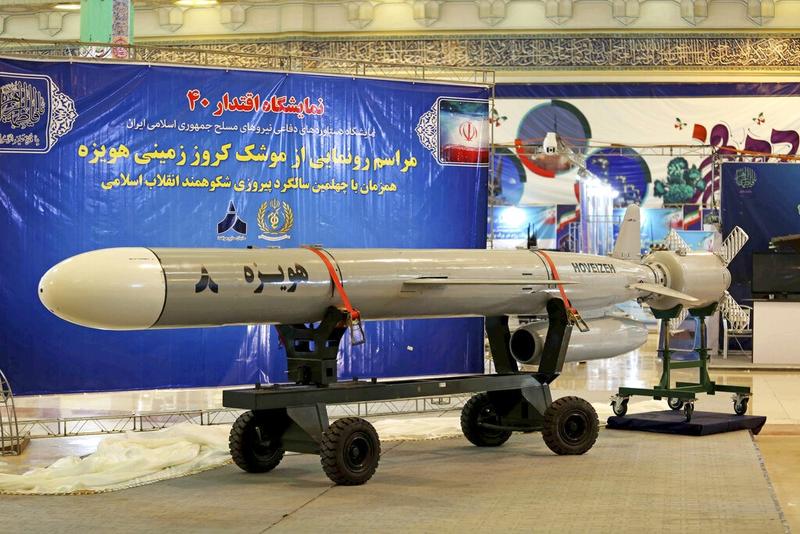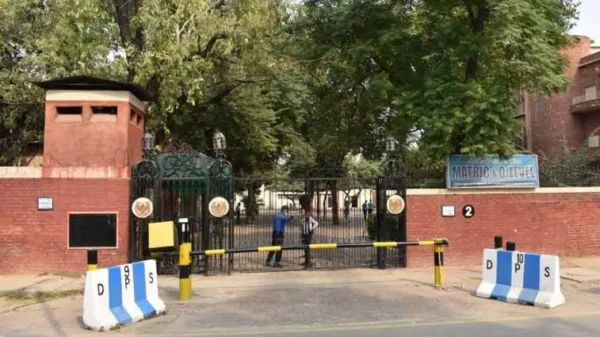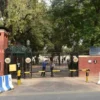On Tuesday, Iran dismissed Western calls to withdraw its threat of retaliation against Israel following the killing of Hamas political leader Ismail Haniyeh in Tehran late last month.
Iranian Foreign Ministry spokesman Nasser Kanani criticized the joint statement by France, Germany, and Britain, accusing them of ignoring the “international crimes” of Israel and demanding that Iran refrain from responding to an act that allegedly violated its sovereignty and territorial integrity. Kanani called the request illogical and contrary to international law, describing it as implicit support for Israel.
Iran and its allies hold Israel responsible for Haniyeh’s death during his visit to Tehran on July 31 for the inauguration of President Masoud Pezeshkian, although Israel has not issued any official comment on the matter.
Meanwhile, Western diplomats have been working to prevent further escalation in the Middle East, where tensions have already been heightened by the ongoing Israel-Hamas conflict in Gaza.
In a joint statement, the United States and its European allies urged Iran to refrain from any military action against Israel, warning of the severe consequences such an attack could have for regional security. The statement was issued by Britain, France, Germany, Italy, and the United States.
Moreover, Iran has completed the “legal, diplomatic, and media” groundwork to launch a “severe and crushing” retaliation against Israel for the assassination of former Hamas leader Ismail Haniyeh, announced Ali Shamkhani, a political advisor to the Leader of the Islamic Revolution and former secretary of Iran’s National Security Council.
In a post on X, Shamkhani stated that the Israeli regime only understands the “language of force.” He highlighted Israel’s recent attack on a school in Gaza that was sheltering hundreds of civilians, interpreting it as evidence that the Zionists are not serious about establishing peace in the conflict-ridden region.
“The only aim of Israel in killing worshippers at Tabeen School in Gaza and assassinating martyr Haniyeh in Iran is to provoke war and disrupt truce talks,” he said.
Haniyeh was assassinated in a Tehran residence on July 31, just hours after attending the swearing-in ceremony of Iranian President Masoud Pezeshkian. Ayatollah Seyyed Ali Khamenei has vowed to avenge the death of “Iran’s guest,” a promise that remains despite efforts by regional countries, at Washington’s request, to persuade Iran to refrain from retaliation.
The U.S. has also attempted to mitigate Iran’s anticipated response through propaganda campaigns. In recent days, several Western media outlets have circulated false information about the circumstances of Haniyeh’s assassination, attempting to portray military action against Israel as unjustified. Some reports have suggested divisions among Iranian officials on how the country should respond.
Another senior official affirming Iran’s resolve to retaliate on Saturday was Rear Admiral Ali Fadavi, the Islamic Revolution Guard Corps (IRGC) deputy commander. Speaking to Lebanon’s Al Mayadeen TV, Fadavi stated, “The Leader of the Revolution’s orders will be executed in the best possible way, and this is Iran’s current duty.” He also commented on the appointment of Yahya Sinwar as Haniyeh’s successor, saying it “shows that Hamas’ resistance will continue until the end.”










